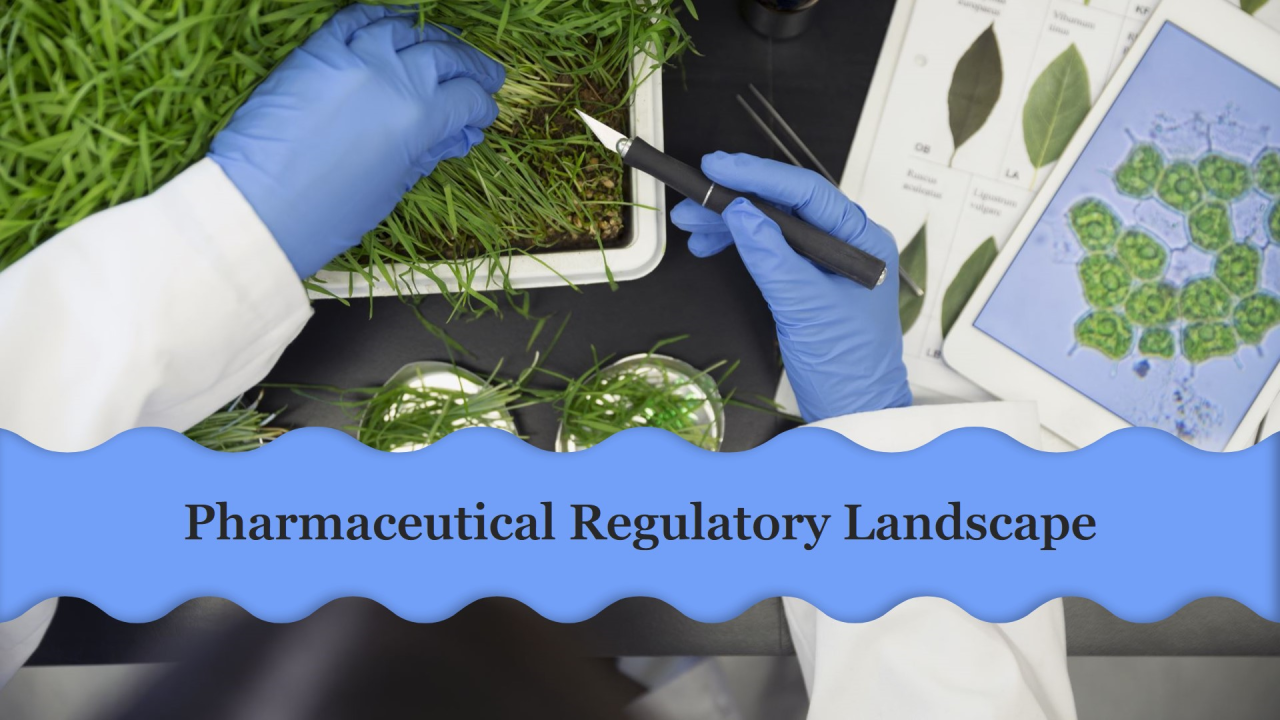The pharmaceutical industry operates within a complex regulatory framework that is constantly evolving. Staying informed about the latest regulatory changes is crucial for pharmaceutical companies to ensure compliance, mitigate risks, and maintain market access.
- Digital Health: The increasing adoption of digital health technologies, such as telemedicine and mobile health apps, has led to new regulatory considerations related to data privacy, cybersecurity, and patient safety.
- Personalized Medicine: Advancements in personalized medicine, driven by genomics and other technologies, have necessitated new regulatory frameworks to address issues such as data privacy, informed consent, and the development of companion diagnostics.
- Drug Safety and Efficacy: Regulatory authorities are continually tightening requirements for drug safety and efficacy, including post-market surveillance and risk-based monitoring.
- Supply Chain Security: Concerns about counterfeit drugs and supply chain disruptions have prompted increased focus on supply chain security and traceability.
- Environmental Impact: The pharmaceutical industry is facing growing pressure to address its environmental impact, with regulations related to waste management, emissions, and resource conservation becoming more stringent.
Impact on the Pharmaceutical Industry
- Increased Costs: Compliance with new regulations can be costly, requiring investments in technology, training, and quality management systems.
- Delayed Market Access: Regulatory hurdles can delay the launch of new products, impacting time-to-market and return on investment.
- Operational Challenges: Adapting to regulatory changes can disrupt operations and require significant organizational changes.
- Enhanced Patient Safety: While regulatory changes can be burdensome, they ultimately contribute to improved patient safety and product quality.
Strategies for Compliance
- Stay Informed: Monitor regulatory updates and engage with regulatory agencies to stay informed about changes.
- Conduct Risk Assessments: Identify potential regulatory risks and develop strategies to mitigate them.
- Invest in Technology: Utilize technology to streamline regulatory compliance processes and improve data management.
- Build Regulatory Expertise: Develop in-house regulatory expertise or partner with external consultants.
- Engage with Stakeholders: Collaborate with industry associations, healthcare providers, and patients to address regulatory challenges.
The pharmaceutical regulatory landscape is dynamic and complex. By understanding the latest trends and proactively addressing regulatory challenges, pharmaceutical companies can navigate this evolving environment and ensure long-term success.
#PharmaceuticalRegulations #RegulatoryCompliance #DrugSafety #DigitalHealth #PersonalizedMedicine #SupplyChainSecurity #EnvironmentalImpact #HealthcareIndustry #RegulatoryAffairs #PharmaceuticalIndustry
